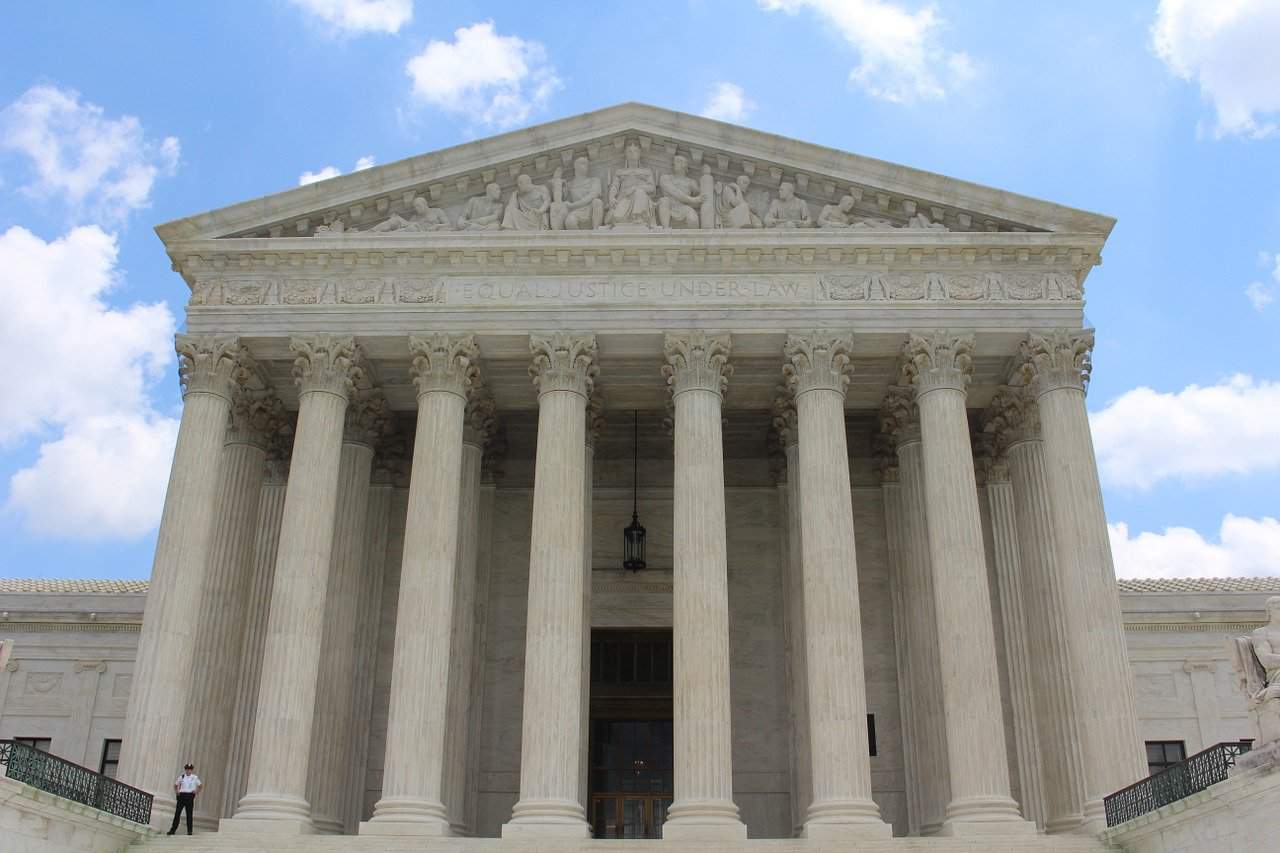The term “shadow docket” was first used by William Baude in his law review article from 2015.[1] The term refers to decisions from the United States Supreme Court, which are decided outside of its regular docket without oral argument. Generally, the Supreme Court allows the parties to argue their points both in written briefs and orally before it issues a detailed explanation of its decision. However, cases on the shadow docket are decided on an application for emergency relief from a lower court’s order.[2] The lower court has not made a final decision on the merits of the case by the time the case is decided on the shadow docket. Further, the Court’s decisions are rarely explained.
The shadow docket has been around for many years, but its popularity is increasing.[3] Even newly appointed Supreme Court Justice Amy Coney Barrett admitted the shadow docket has become a hot topic at her recent confirmation hearing.[4] The docket’s importance is growing because of its’ significant rulings, the aggressiveness of the federal government in bringing cases before the Court and the decisions of the docket are more polarized, often resulting in a five – four split between the historically liberal and conservative Justices.[5]
Presently, the cases being decided on the shadow docket fall into one of three categories.[6] The first category of cases stem from the COVID-19 pandemic and the state orders placing limitations on private businesses and non-profits. In one example, a church asked for relief from a state order limiting attendance at its place of worship.[7] The Court has also decided election related cases, such as whether to expand procedures for gathering signatures for ballot initiatives and requirements for the verification of absentee ballots.[8] In fact, the landmark case that decided the 2000 Presidential election, Bush v. Gore[9], started out as a decision without a written opinion on the shadow docket when the Court issued a stay to stop the Florida recount.[10]
[1] . The Supreme Court’s shadow docket by William Baude, found at: https://chicagounbound.uchicago.edu/cgi/viewcontent.cgi?article=1961&context=public_law_and_legal_theory
[2] . The Supreme Court’s shadow docket is drawing increased scrutiny, ABA Journal found at: https://www.abajournal.com/web/article/scotus-shadow-docket-draws-increasing-scrutiny
[3] . Supreme Court of the United States Blog, Symposium: Shining a light on the shadow docket, which can be found at: https://www.scotusblog.com/2020/10/symposium-shining-a-light-on-the-shadow-docket/
[4] Id.
[5] The Supreme Court’s shadow docket is drawing increasing scrutiny, ABA Journal, found at: https://www.abajournal.com/web/article/scotus-shadow-docket-draws-increasing-scrutiny
[6] Id.
[7] Id.
[8] . Id.
[9] https://www.oyez.org/cases/2000/00-949
[10] Supreme Court of the United States Blog, Symposium: The particular perils of emergency election cases, which can be found here: https://www.scotusblog.com/2020/10/symposium-the-particular-perils-of-emergency-election-cases
The third set of cases on the shadow docket are actions brought by the Trump administration, which has brought 22 cases on the docket as of August 2020.[1] These cases involve issues such as the admissibility of immigrants into the United States, construction of the border wall and requests to move stays blocking the first three federal executions in nearly 20 years.[2] On October 13, 2020, the Supreme Court issued a decision on its shadow docket to end the reporting deadline for U.S. Census on October 31, 2020.[3]
Some legal scholars are concerned about the effect of the increased number of shadow docket decisions on American jurisprudence. Justice Sotomoyor argues that the Court has lowered the bar required to issue emergency stays on the shadow docket from irreparable harm to something less.[4] The Court’s merit opinions impact not only the the parties, but are binding precedent on the lower courts in subsequent cases with similar factual and legal issues. How should the lower courts interpret and weigh in these decisions without a full explanation of its ruling from the Court?
And so, the question becomes as the 2020 Presidential Election is upon us, will the shadow docket play a role in determining the outcome of the election and on the future of our country?
[1] . The Supreme Court’s shadow docket is drawing increasing scrutiny, ABA Journal, found at: https://www.abajournal.com/web/article/scotus-shadow-docket-draws-increasing-scrutiny
[2] . Supreme Court of the United States Blog, Symposium: Shining a light on the shadow docket, which can be found at: https://www.scotusblog.com/2020/10/symposium-shining-a-light-on-the-shadow-docket/
[3] . Ross, Secretary of Commerce, et al. v. National Urban League, et al., 592 U.S _ (2000), which can be accessed at: https://www.supremecourt.gov/opinions/20pdf/20a62_n7ip.pdf
[4] . See Chad Wolf, Acting Secretary of Homeland Security, et al. v. Cook County, Illinois, et al., 589 U.S. _ (2020), which can be accessed at: https://www.supremecourt.gov/opinions/19pdf/19a905_7m48.pdf







